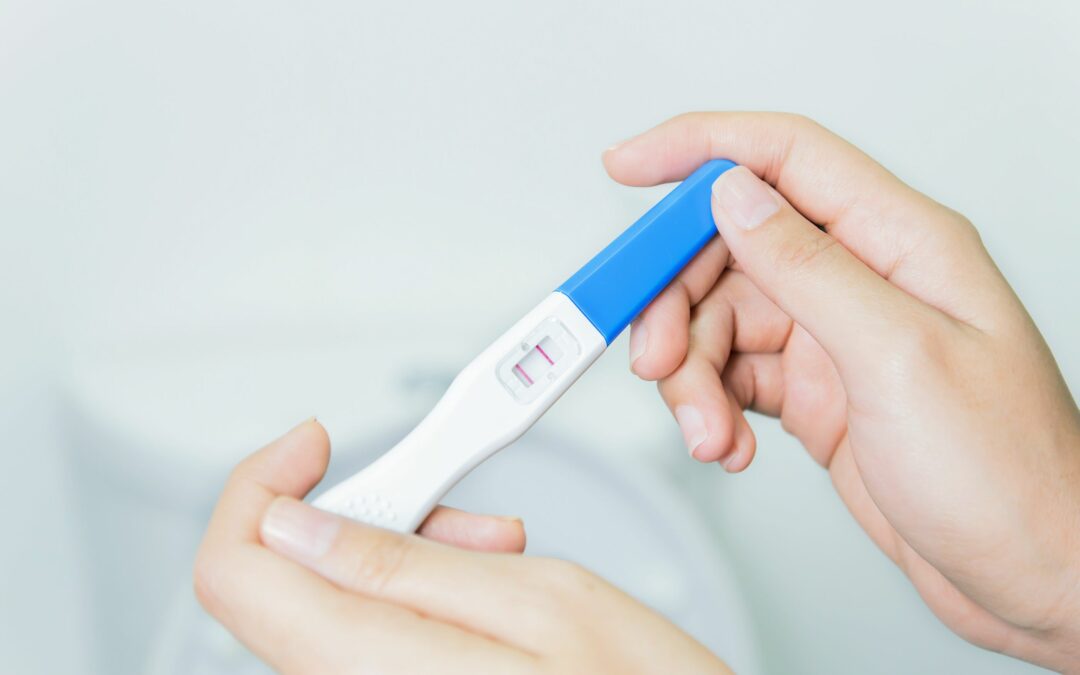Every couple wants to get pregnant at some point in their lives. Be it a year or five years after their marriage – everyone wants to have a family someday. However, while getting pregnant comes easy to a few, it’s a challenging task for some couples out there.
If you have been trying to get pregnant and haven’t been able to do so, you might want to seek some professional help. For women under 35, the recommended time is one year. However, if you’re above 35, you should ask for help in six months.
In this post, we will be discussing fertility tests for women and when they should go for a particular test. We will be walking you through every step and the questions you should be ready to answer at the doctor’s office.
So let’s dive in!
What Is Infertility?
Infertility is defined as the inability to conceive after one year of regular and unprotected sexual intercourse. However, it’s not incurable, and by determining the exact cause, your gynaecologist can help you get pregnant.
FAQs By The Doctor
Once your doctor knows that you’re presenting with a complaint of infertility, they will probably ask you numerous questions. While some of the questions will seem pretty straightforward and easy to answer, a few of the questions can be embarrassing and personal.
The doctor may ask you about your diet, addictions (smoking or drinking), and in-depth knowledge of your sex life. Questions on your sex life will revolve around the frequency of sexual intercourse, history of contraception, and any problems during sex.
After a medical assessment, your doctor would probably want to perform a detailed pelvic examination as well.
What Causes Infertility In Women?
For you to become pregnant, you must be able to ovulate. After ovulation (i.e. release of an egg from the ovary), it is vital for it to smoothly travel through the fallopian tube and halfway there if it meets the sperm – fusion occurs.
After fusion takes place, the embryo needs to lodge itself somewhere in the uterus so that it continues to develop into a full-fledged fetus. Any hindrance in any of the steps mentioned earlier can contribute to infertility in women.
We have shortlisted some causes for you:
- PCOS
- History of Pelvic Inflammatory Disease
- History of Tuberculosis
- History of STDs
- Structural problems of the female reproductive system
- Endometriosis
- Cervical or uterine cancer
- Hormonal imbalance
- Implantation failure
- Failure to ovulate
Types Of Fertility Tests
A wide range of fertility tests can determine the problem with you in just a matter of time. However, if you’re wondering about walking in a lab and taking any of the following tests to determine your fertility, you should stop thinking about it immediately. Only your doctor can choose which is the definitive test for you after assembling adequate information about you.
Here’s a list of all the various types of fertility tests that can determine the cause behind this problem:
1. Transvaginal Ultrasound
Ultrasound can be used to give a comprehensive picture of your pelvic area. In this procedure, the doctor inserts a wand-like transducer into your vagina, which is covered with a lubricating gel. The sound waves then provide the entire image of the structures and organs lodged in the pelvic cavity. TVUS is not painful, but it can be slightly uncomfortable.
It can help determine if there are any cysts, fibroids, infections and other abnormalities.
2. Pap Smear
You must have heard about pap smears. Women above 25 should get this test done every three years to remain on top of their cervical health.
In this test, the doctor will insert a speculum into your vagina and will scrape off some cells as a sample. It is common to experience mild discomfort and irritation; however, it will resolve within a day or two. If it continues to persist, consult your doctor.
3. Laparoscopy
Laparoscopy is a diagnostic, surgical procedure, but it is minimally invasive with fewer adverse effects. A laparoscope is inserted through the incision made below the belly button, and the pelvic organs are viewed. All the pictures appear on the screen and help the doctors pinpoint the exact problem.
4. Ovulation Test
Your doctor can ask you to take an ovulation test to measure your levels of luteinizing hormone (LH). This hormone peaks 2-3 days before ovulation; hence its absence and presence determine if you’re ovulating or not. It’s a simple urine test and can be performed at home without any hassle.
5. Hysterosalpingogram
Fertilization usually takes place in the fallopian tube. If your fallopian tubes are blocked, you cannot conceive – it’s as simple as that!
To rule out this possibility, your doctor might order a hysterosalpingogram; an x-ray used to see the inside of the uterine cavity and determine the condition of the fallopian tubes.
6. Hysteroscopy
Another minimally invasive procedure is hysteroscopy. It’s a procedure that can show images of the fallopian tubes inside the uterine cavity, cervix, cervical canal and vagina. The doctor will put a thin, visualizing scope into your vagina and through the cervix to see the uterine cavity. He might want to take some samples and check them out for abnormalities.
7. Hormone Test
Your doctor can also order a blood hormone test or thyroid function test to know if everything is okay. Hormones like FSH, prolactin, T4 and T3 are important in regulating a regular menstrual cycle. If your menstrual cycle is irregular and disturbed, it may be a significant cause of infertility.
Which Women Should Consider Taking Fertility Tests?
Fertility tests are recommended for women who cannot get pregnant after a year of unprotected sexual intercourse. However, women with the following conditions should consider going for fertility tests:
- Heavy, irregular or absent menses
- Constant pelvic pain
- History of PID or any other STDs
- Recurrent miscarriages
- If someone has already been diagnosed with structural abnormalities of the pelvis
Conclusion
In this article, we have described various types of fertility tests, their procedures, and why they are performed. However, only your doctor can pick out the appropriate tests for you, depending upon the medical history and examination.
You should know that infertility can be issued once the problem has been identified. So don’t worry if you cannot get pregnant, get done with the tests and hope for the best!



Recent Comments